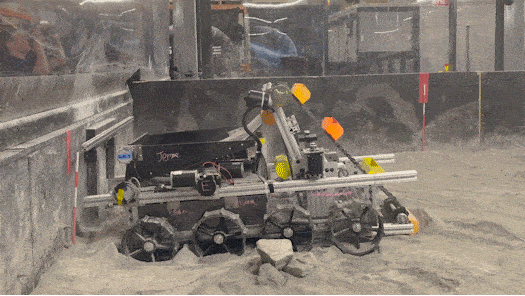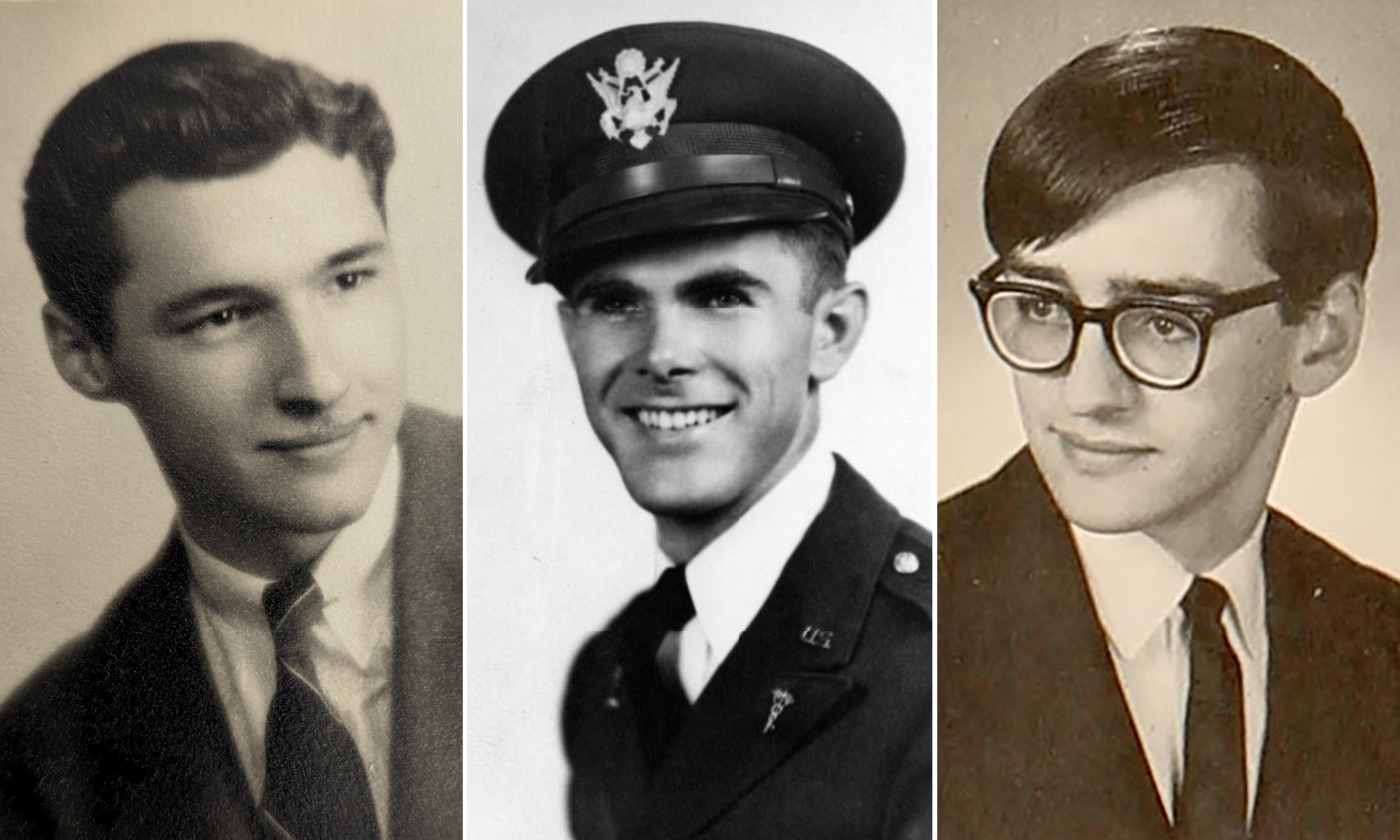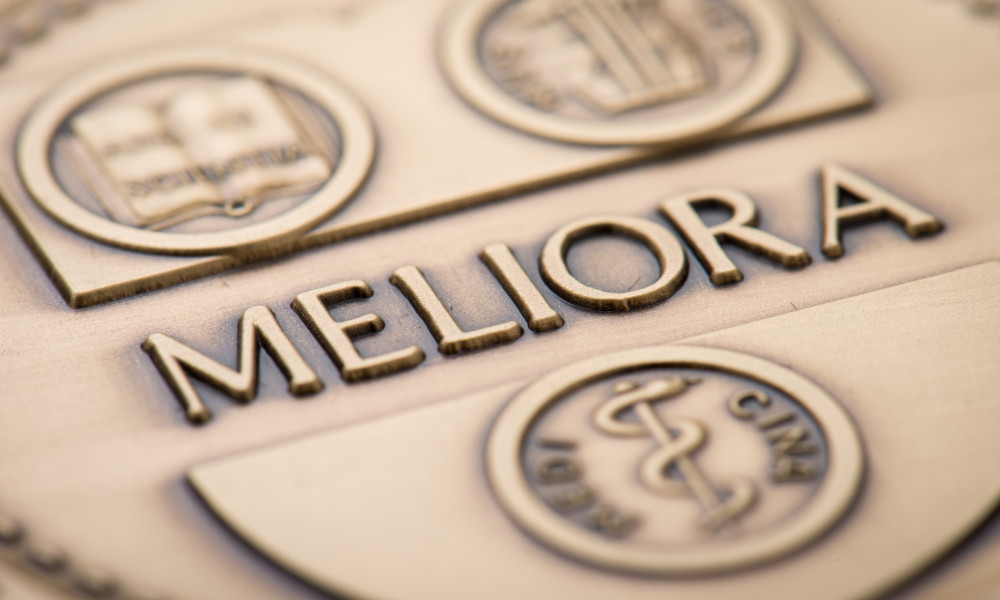For the first time, two pairs of University of Rochester students have been selected to receive $10,000 grants from Davis Projects for Peace, a highly competitive national program that promotes peace and intercultural understanding.
Bienfait Mugenza ’21 and Philemon Rono ’21 will run “Peace through Entrepreneurship,” a one-week workshop to be held in Kigali, Rwanda, this summer. Shingirai Dhoro ’20 and Ashely Tenesaca ’20 will begin a project in Dzimiri village in southern Zimbabwe titled “Water for Peace: Solving Mukwerera Conflict through Provision of Sustainable Water Supply.”
Davis Projects for Peace was created in 2007 when international philanthropist Kathryn W. Davis committed $1 million for 100 grassroots projects to celebrate her 100th birthday. Rochester is guaranteed fundng for one project as a member of the Davis United World College Scholars Program but until now had never been chosen to receive an additional grant.
Student projects are selected through a competitive campus nomination process managed by the Fellowships Office. Ten projects were considered this year for two nomination slots.
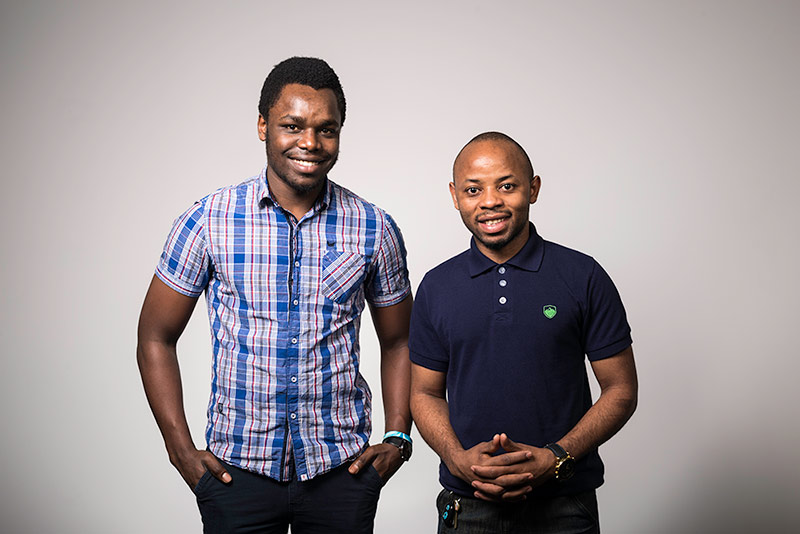
Mugenza is a political science major from Goma, Democratic Republic of Congo, while Rono is a mechanical engineering major from Nairobi, Kenya. They became friends at Rochester through their membership in the Pan-African Students Association.
“We realized we both were interested in entrepreneurship and youth affairs, especially youth empowerment in our communities,” says Mugenza. “We decided to tackle the issue of youth being used as tools of peace disruption by politicians.”
Their workshop runs July 31 to August 6 and will include 20 people ages 18 to 27. Participants are all residents of Goma, but will attend an intensive week-long residential program in Rwanda. Recent decades have seen rising tensions between the Democratic Republic of Congo and Rwanda. Rono and Mugenza hope that by bringing Congolese participants to Rwanda, the youth will witness Rwanda’s peace efforts after genocide while having positive encounters with the Rwandan people.
“We aim to arm them with entrepreneurial and leadership skills rather than firearms and hate,” Mugenza says. “This will give rise to a new generation that will be a great example to future generations.”
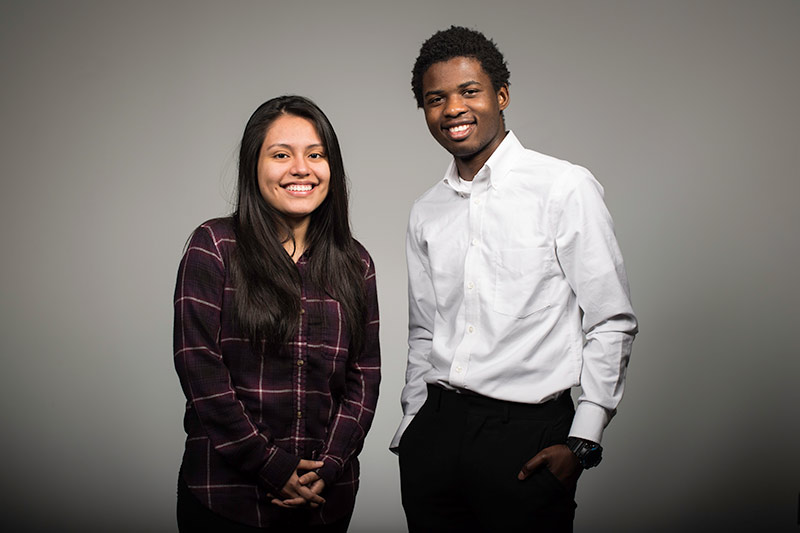
Dhoro and Tenesaca will also mitigate conflict, but in a vastly different way. They’ll use their $10,000 grant to create a water supply system in Zimbabwe. Dhoro is an electrical and computer engineering major from Masvingo, Zimbabwe, and a graduate of the Waterford Kamhlaba United World College in Swaziland. Tenesaca is a computer science major from New York City. They sat next to each other the first day of college their freshman year and made what Tenesaca calls “an instant connection.”
Mukwerera is a “rain-bringing” ritual in which village families in Zimbabwe brew beer and bring it to the leader of the village, who then offers it to deceased ancestors in exchange for rain. Those who refuse to participate believe it’s evil to engage with ancestral spirits and present beer. Believers in the ritual blame those who refuse to participate for a lack of rainfall, and the tension has led to a division among villagers.
The solution proposed by Dhoro and Tenesaca is to build a borehole that will serve villagers, their livestock, and people from surrounding areas, and allow villagers to pursue projects such as gardening through the winter months.
“Many catastrophes began as a small issue that was ignored, and this is something we are trying to avoid,” Tenesaca says. “We hope to learn from the locals about their take on the issue and work together toward an appropriate solution. We also hope to develop a long-lasting relationship with the community as we continue working with them beyond this project.”


